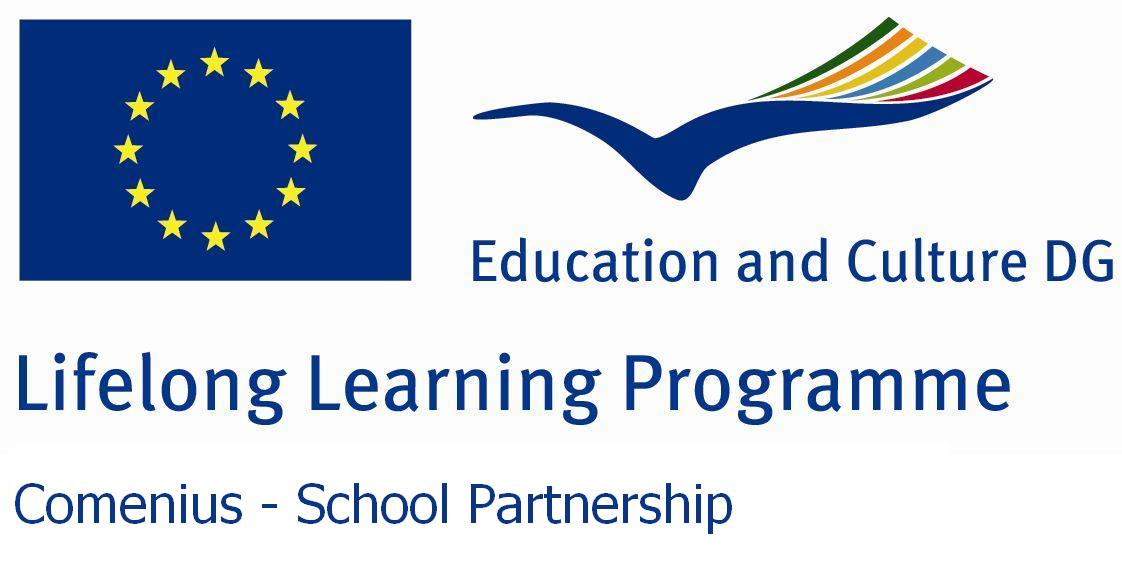|
a) Communication in foreign /
mother language:
The
first of these concerns rises from the need of improving our students’
English competence and, at the same time, those related with their mother
tongue.
Developing
overall linguistic competence, and specially the learning of English as first
foreign language, is for us a motivation worthy in itself; but we think that it is very important to
stress the fact that these competences are, in general, tools for
communicating thoughts and feelings and that, in the particular case of
English, very useful tools to ensure this communication among citizens with a
great diversity of mother languages, as This is not only typical in our
European common space, but also in the Global world which we must be aware we
live in.
In
short: we think that our students are going to discover that the mere
possibility of teamwork in such a multicultural context requires the
mastering of a shared lingua franca and that English is today the main
vehicle for that.
b) Social and civic competences:
The
proposed topics, the contents, are not considered to be just a pretext for
the goal of improving linguistic competence.
In
fact, “Dilemmas” is a project born from two different main concerns, the
second one giving contents to the first,
similar to the interaction of
Foreign Language and specific topics in CLIL approaches. We think that education in values and an active citizenship are nowadays some of
the main challenges that we face in our schools and that working with these
issues in a European context, sharing and discussing values, beliefs and
behaviour among students and teachers (as expressed in our project’s title)
from four different countries will be an effective and highly motivating way
of improving social and civic competences, specially in two main fields:
those of environmental concerns and those related with discrimination and
conflict.
c) Digital competences:
“Dilemmas”Project
development strongly relies upon the use of advanced and interactive ICT
tools (web 2.0 - weblog, web page editor, movie maker/ editor, and so
on) which will be used both within
classes and in the communication with partners.
d) Cultural awareness and
expression:
One
of our main goals is that of contrasting individual values and beliefs in a
context wider than our familiar ground. Focusing on such a context, which
will involve students and teachers from four regions with quite different
historical and cultural backgrounds (Denmark, Germany, Romania and Spain) is
important in order to encourage the participants to learn more about
different European countries, and also to discover what they can possibly
share and, last but not least, to increase respect and tolerance for
differences. Differences that, by the way, can also be discovered inside each
individual community: we do not expect to prove that students and teachers in
each country think and behave, as a whole, in a particular way, but rather to
show that the diversity of points of view crosses in several ways our common
space.
e) Learning to learn:
The
strategy that we have chosen to develop the project focuses on the
elaboration and resolution of practical dilemmas in both the mother languages
and English. This strategy is designed in order to cover a wide range of
horizontal issues. Besides the relevance of the topics dealt with, it offers
an effective way to find out prejudices, clichés and stereotypes often
unconsciously (and therefore uncritically) involved in our expressed
opinions, decisions or behaviour. To provide an opportunity for a critical
reflection over them seems to be one of the main tasks in the construction of
a shared European citizenship, but it also encourages reflective and critical
thought as an essential tool for life-long learning.
|

